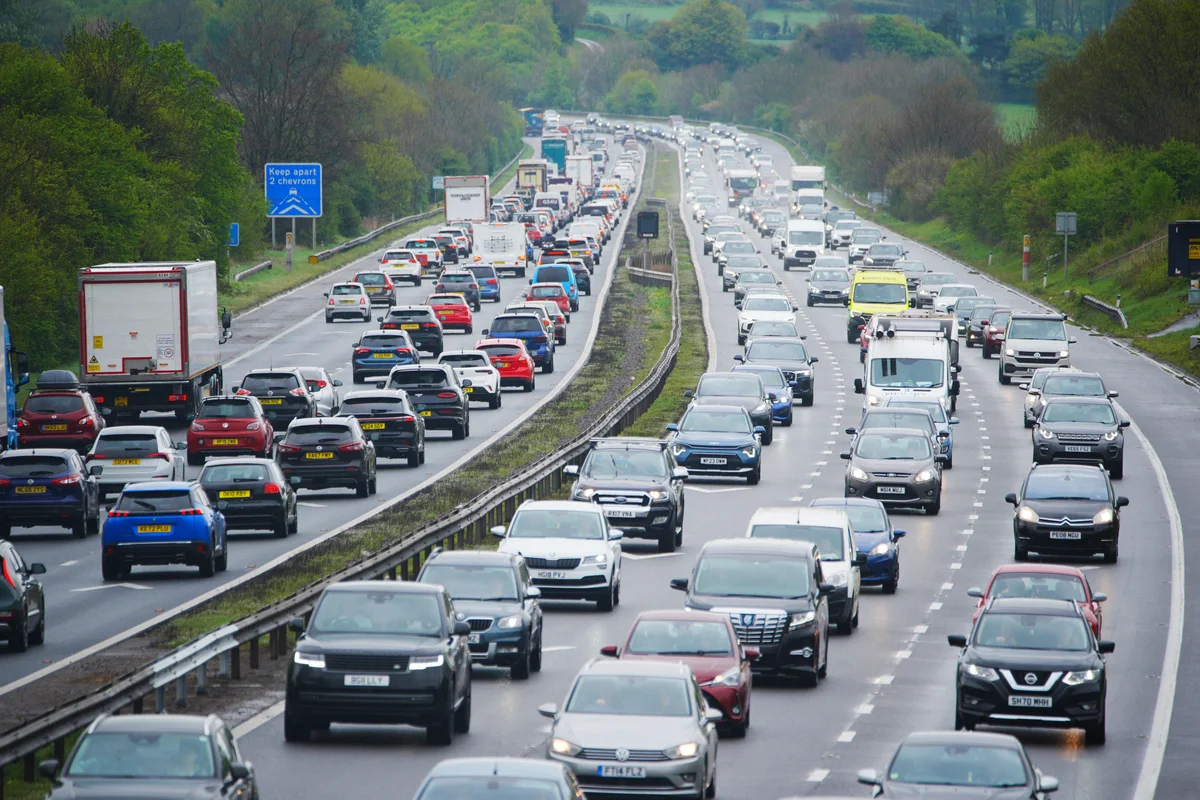By Rebecca Whittaker
Copyright independent

Half a million cars on UK roads could be fitted with emissions-cheating devices, court documents suggest.
Campaign groups Mum’s for Lungs and ClientEarth claim there are 23 car models on UK roads that are potentially pumping out dangerous nitrogen dioxide at levels far above legal limits.
Harmful emissions such as nitrogen dioxide have been linked to 16,000 premature deaths and 30,000 new cases of asthma in children.
“More than 120,000 children went to hospital struggling for their breath in London in 2024 alone. Car companies built cars that emit illegal and toxic levels of gas and little lungs are paying for it every day,” said Jemima Hartshorn, Founder Mums for Lungs.
It comes as the UK’s largest class action court case is due before the High Court next month, hoping to reveal how many diesel cars have been using illegal devices to cheat emissions tests.
In 2015, Volkswagen admitted as many as 11 million of their cars had software that manipulated emissions tests – these models emit 70,300 tonnes of excess Nitric Oxide and Nitrogen Dioxide above legal limits every year.
Three years later, the government strengthened restrictions against the use of illegal emissions technology by passing legislation making it an offence for manufacturers to place motor vehicles on the market which contain prohibited defeat systems.
In July, ClientEarth and Mums for Lungs intervened in the ongoing Dieselgate consumer litigation in the High Court and gained access to information setting out the case against the manufacturers detailing the banned technology allegedly being used in the 21 sample vehicles at the heart of the trial.
ClientEarth also previously obtained official German recall notices relating to two additional vehicle models.
According to analysis by the International Council on Clean Transportation – the organisation that also helped break the original Dieselgate scandal – these 23 vehicle models equate to more than 500,000 diesel cars estimated to remain on UK roads today.
The manufacturers concerned are the five lead defendants in the ongoing UK court case – Mercedes, Ford, Citroen/Peugeot, Renault and Nissan.
The Department for Transport (DfT) is already investigating 76 models, but campaigners are calling on the government to expand their investigation to include these 23 additional models and engines.
Emily Kearsey, ClientEarth lawyer, said: “We’ve seen no meaningful accountability yet despite a decade of evidence against car manufacturers. The government must act now and make polluters pay.”
For 38-year-old Kelly May, living in London almost cost her her life after she suffered 14 life-threatening asthma attacks in a single year.
The hairdresser, who now lives in Essex, claimed her attacks in 2014 were triggered by the capital’s dangerously polluted air.
“Every month I was in London I would get an asthma attack and a chest infection. It was just consistent and it didn’t stop until we moved,” she told the The Independent.
In 2015, after 11 months of living in London, she suffered an attack that caused her left lung to collapse and she decided to leave the city, as she believed it was air pollution putting her life at risk.
Campaigners warn that without stronger protections, scandals like Dieselgate will keep harming the public. They are calling for ambitious clean air laws to keep people safe, alongside urgent action to clean up the existing fleet of dirty diesel vehicles.
A DfT spokesperson said: “Defeat devices are illegal, misleading for drivers and can have negative health impacts on the public. We acted quickly to set up this investigation and are considering action we could take should manufacturers be found to be breaking the rules.”
The five lead defendants in the ongoing UK court case have all been approached for a comment by The Independent. Citroen/Peugeot and Renault have not yet responded.
Ford said: “We see no merit in these claims and are robustly defending against them. Our vehicles and engines meet all applicable emissions requirements.”
Mercedes said: “We believe that the claims are without merit and will vigorously defend ourselves against them or any group action with the necessary legal means.”
Nissan said: “Nissan is committed to compliance in all markets in which we operate. Emissions testing regimes and standards have evolved considerably over time and continue to do so to improve air quality and reduce emissions. Nissan is fully supportive of these changes.“



